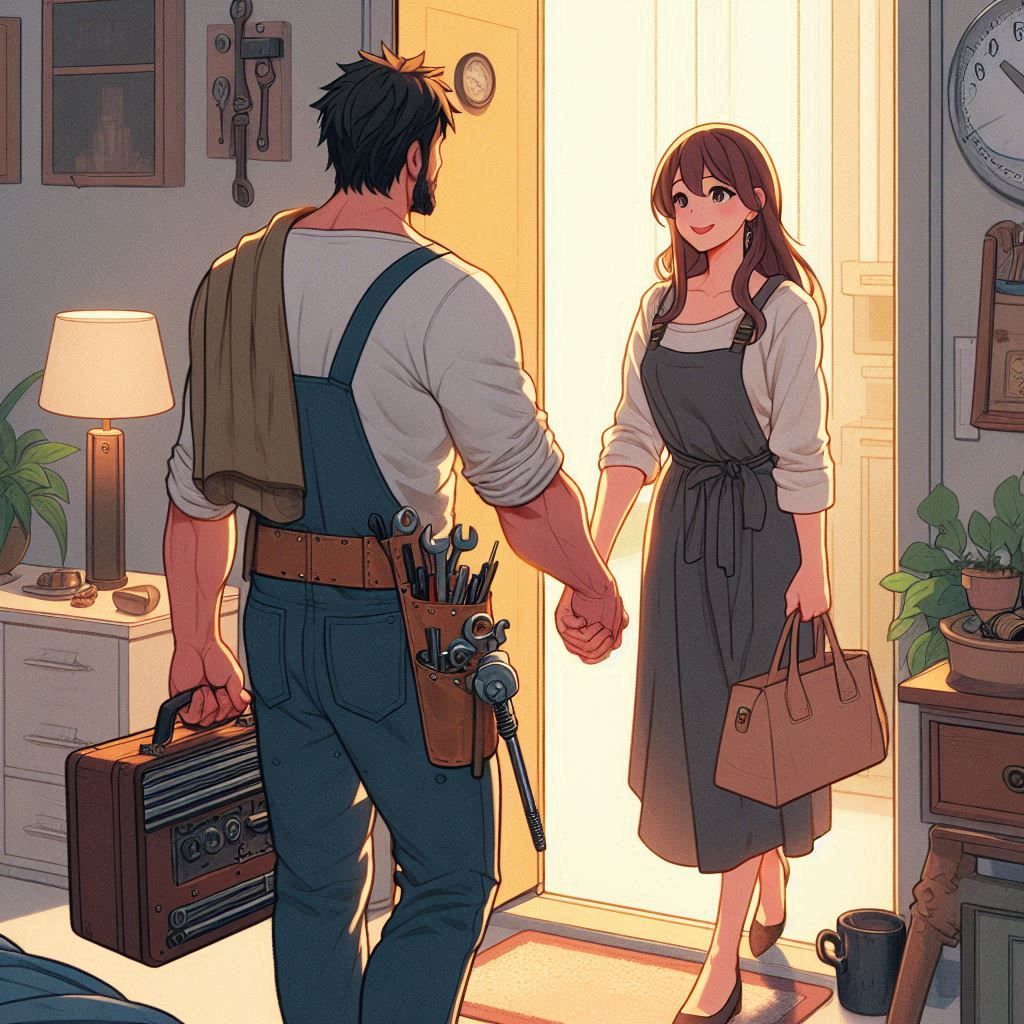What movies or TV series have you watched more than 5 times?

There’s a quiet magic in repetition. The way a song’s chorus loops in your soul, or a well-loved recipe tastes like nostalgia. But when it comes to movies and shows? I’ve long believed hitting “replay” was a frivolous act—a detour from life’s forward motion. Until I realized how many stories I’d absorbed, not for their plots, but for the people beside me.
Let’s start with the obvious: Miss Rachel and Barney. These aren’t just children’s shows; they’re portals. With grandchildren giggling at Ms. Rachel’s sing-alongs or my own kids, decades ago, glued to Barney’s purple antics, these re-watches became rituals of love. The scripts are etched into my bones (“I love you, you love me…”), but the real story unfolds in the living room: sticky hands clutching mine, wide-eyed wonder, the soft weight of a toddler asleep on my shoulder. These aren’t re-watches. They’re heirlooms.
Then there’s Top Gun: Maverick. Let’s be clear: Fighter jets and machismo aren’t my usual vibe. Yet here I am, for the third (fourth?) time, because my wife lights up when Tom Cruise smirks from the cockpit. I’ve memorized the dogfights, but what lingers is her laughter during the cheesy one-liners, the way she squeezes my arm at the triumphant finale. The movie isn’t the point; it’s the shared rhythm of her joy, the unspoken “I’m here because you’re here.”
Vampire Diaries? Oh, the irony. I’ve sat through more brooding vampires and convoluted romances than any mortal should endure. But my stepdaughter’s eyes gleam as she dissects Damon’s latest anti-hero twist, and so we binge. It’s not the plot twists I remember—it’s her animated theories, the way she tucks her feet under my blanket, the mundane miracle of bonding over something she adores.
Then, the exception: Vikings. Here, repetition felt like reverence. As someone who works with runes, who traces their ancient curves like whispers from the past, the show became more than entertainment. Each re-watch before a new season was a ritual—a way to touch the sagas that shaped my craft. The battles, the symbols, the primal clash of honor and ambition… they resonated. This was repetition with purpose: not passive viewing, but active communion.
So, what’s the lesson in all this?
Life isn’t measured in how many stories we consume, but in how deeply we let them weave into our relationships. The movies we re-watch aren’t about the screen; they’re about the hands we hold while watching. Time isn’t wasted when it’s spent building bridges—between generations, between hearts, between the past and present.
Maybe hitting “replay” isn’t about the story at all. It’s about saying, “I choose to be here, again, with you.” And that? That’s a plot worth revisiting.
—A Reluctant Re-Watcher (Who Finally Understood the Assignment)

